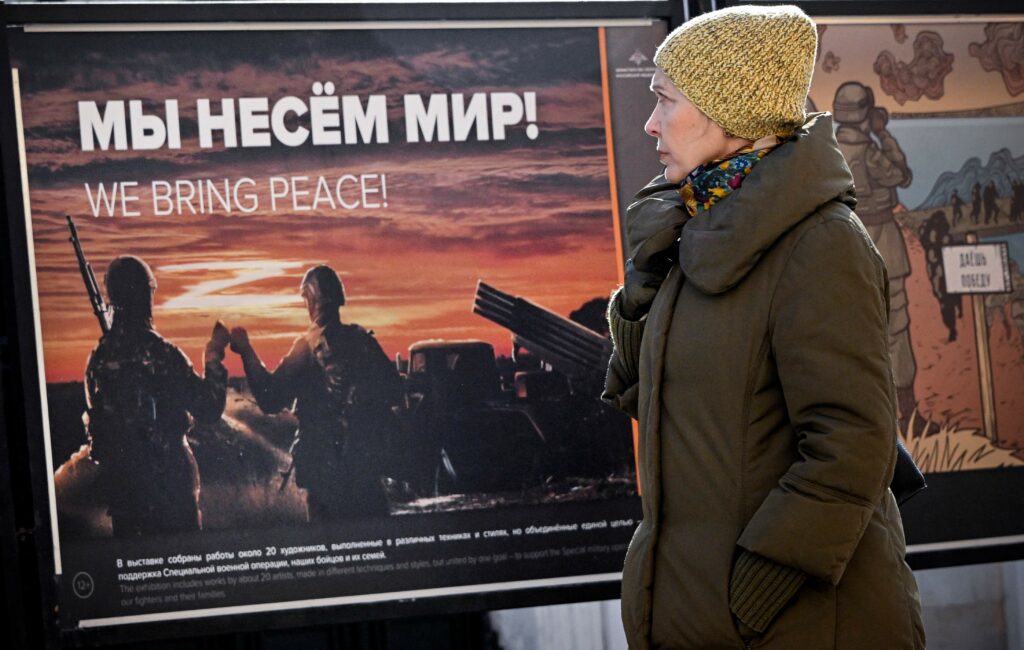
Margarita Zavadskaya on the format and conditions under which Russians would like to end the war in Ukraine
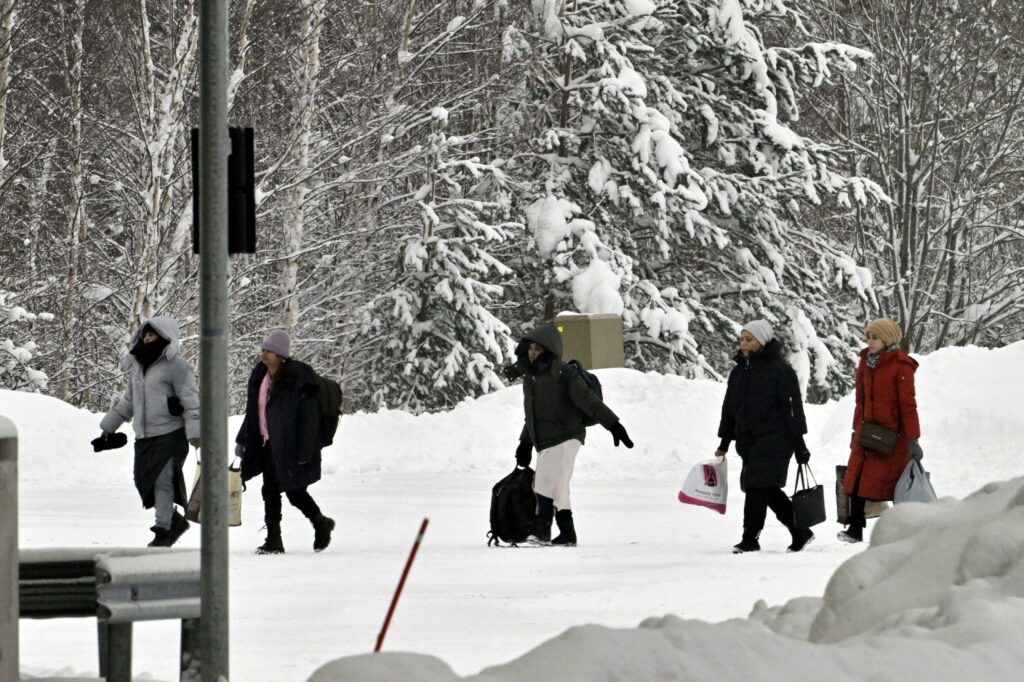
Margarita Zavadskaya on the Stigmatization of «New Emigrants»

Margarita Zavadskaya and Mikhail Turchenko examine Khodorkovsky's role in the Russian opposition
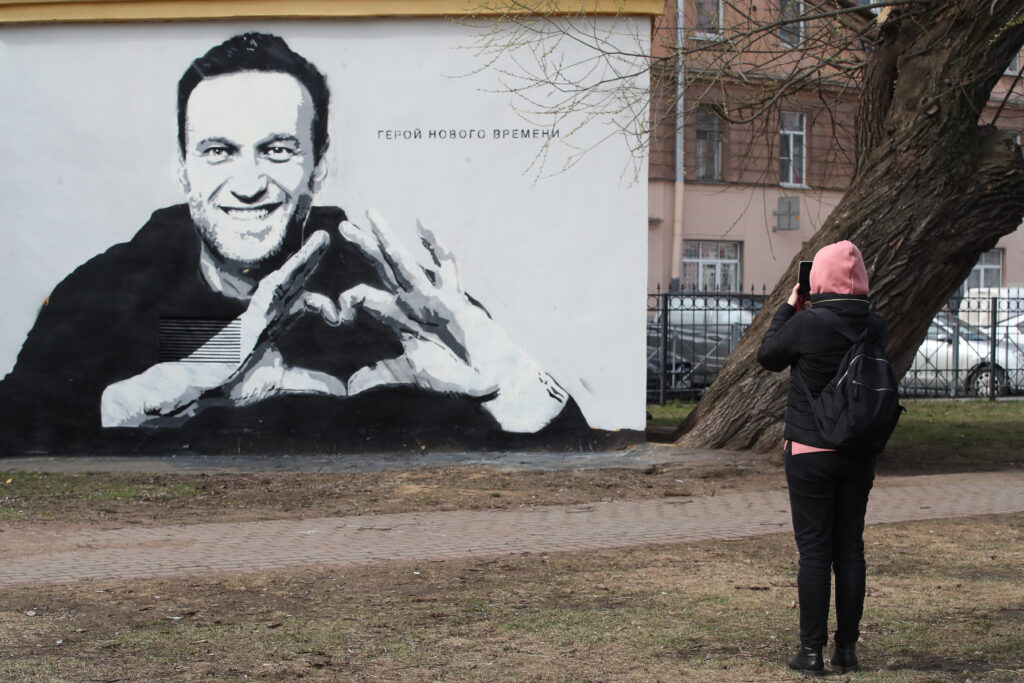
Margarita Zavadskaya and Mikhail Turchenko explain how Russians view the ACF’s activities and key figures

Margarita Zavadskaya on the new wave of emigration out of Russia

Margarita Zavadskaya on how to interpret opinion polls on support for the war in Ukraine
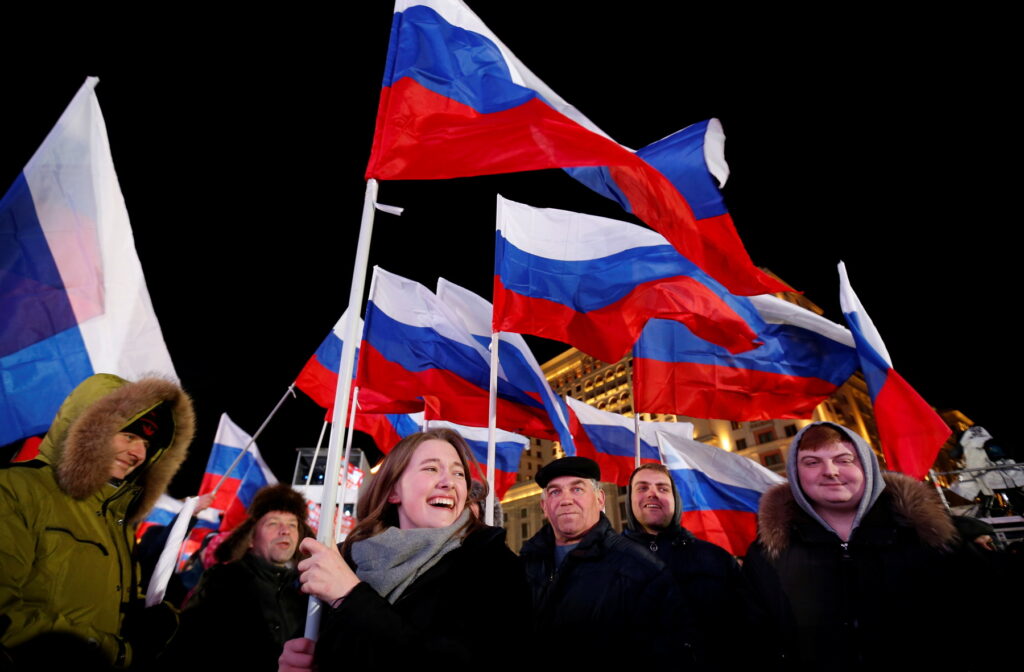
Margarita Zavadskaya discusses whether a return of the «Teflon rating» is possible, as was the case after the Crimea

Margarita Zavadskaya on how Russian political attitudes have changed during the pandemic

Margarita Zavadskaya on local governance models and the quality of public goods
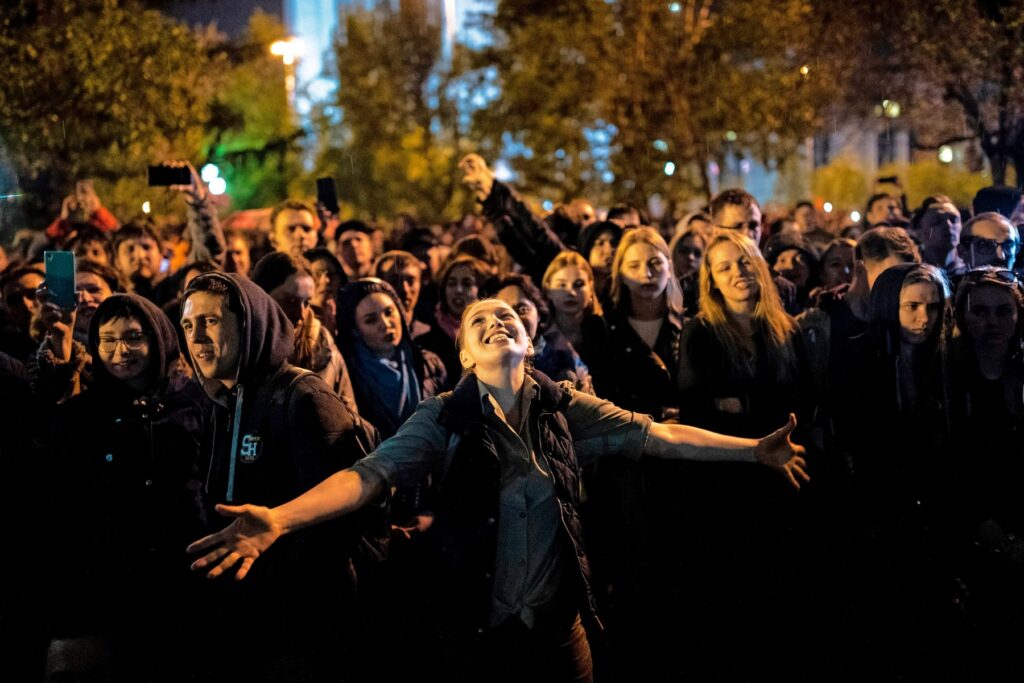
Margarita Zavadskaya uncovers the political tendencies of young people in Russia
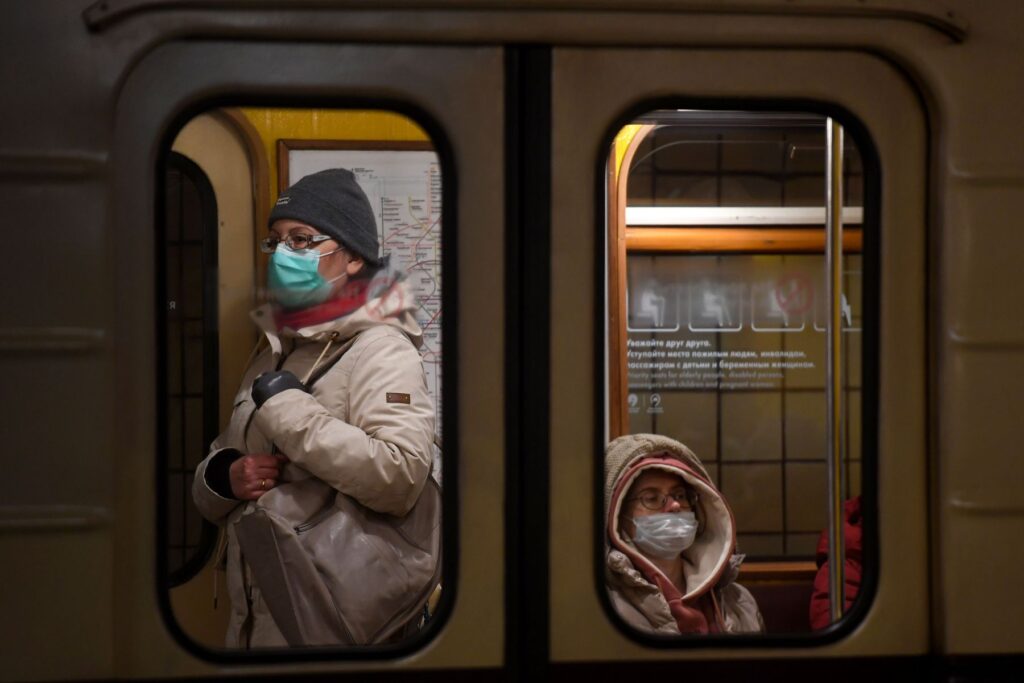
Margarita Zavadskaya discovers how Russian society is particularly rife with conspiracy theories about Covid-19

Margarita Zavadskaya on why it’s high time we forgot the rhetoric of “colour revolutions”
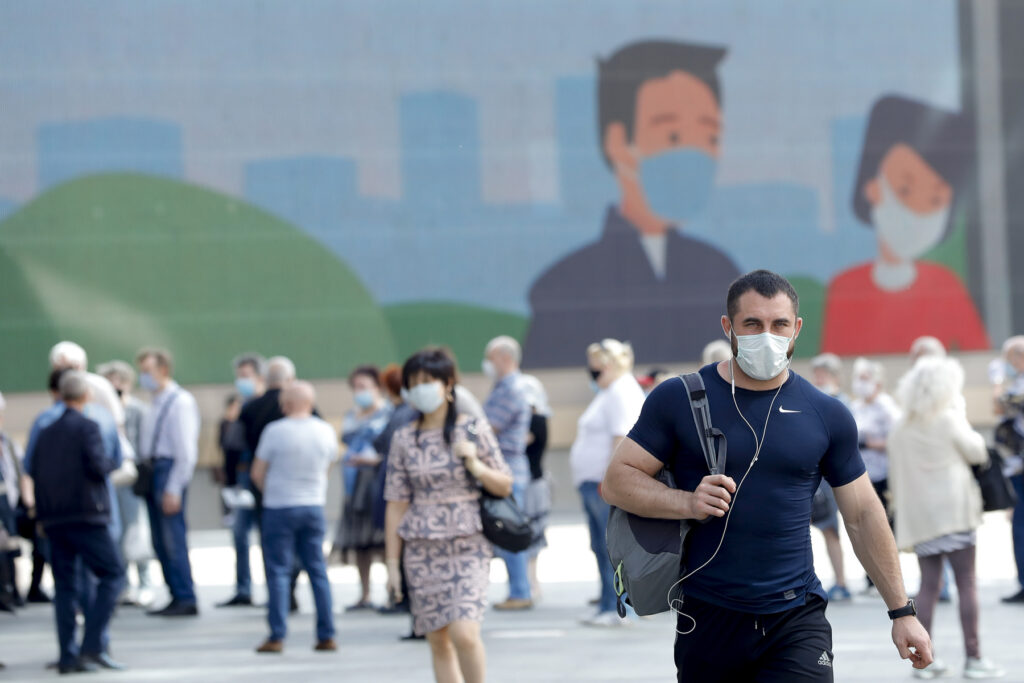
Margarita Zavadskaya has compiled survey data on how the coronavirus pandemic is changing Russian society. The results show little sign of any ‘rally round the flag' effect.
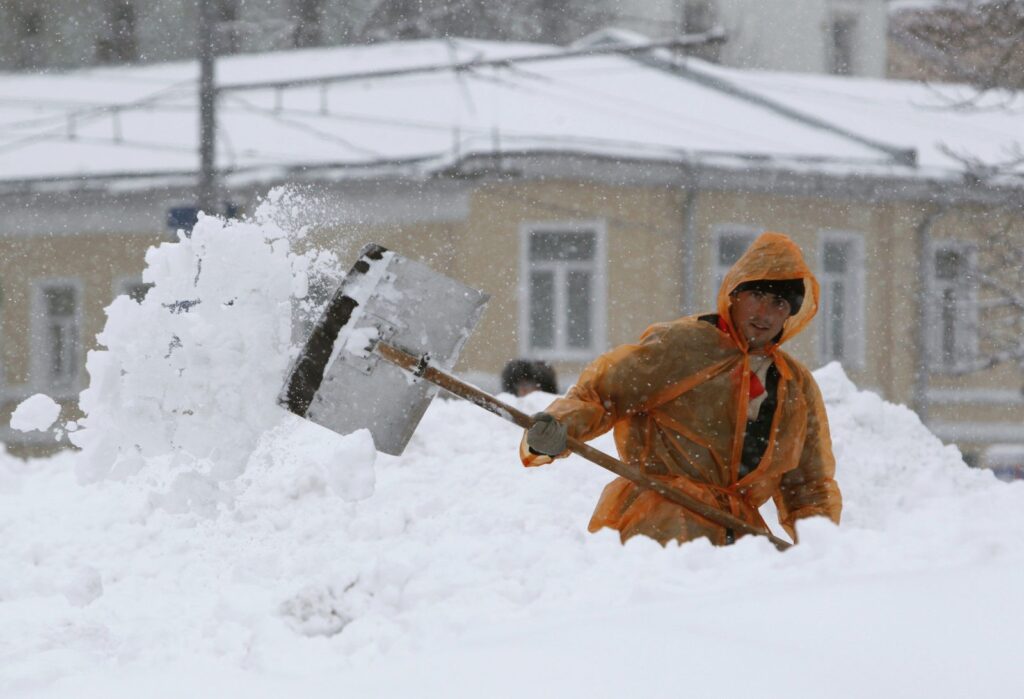
Margarita Zavadskaya explains why Russia’s municipalities are so poorly governed, and why a handful of areas are exceptions to that rule
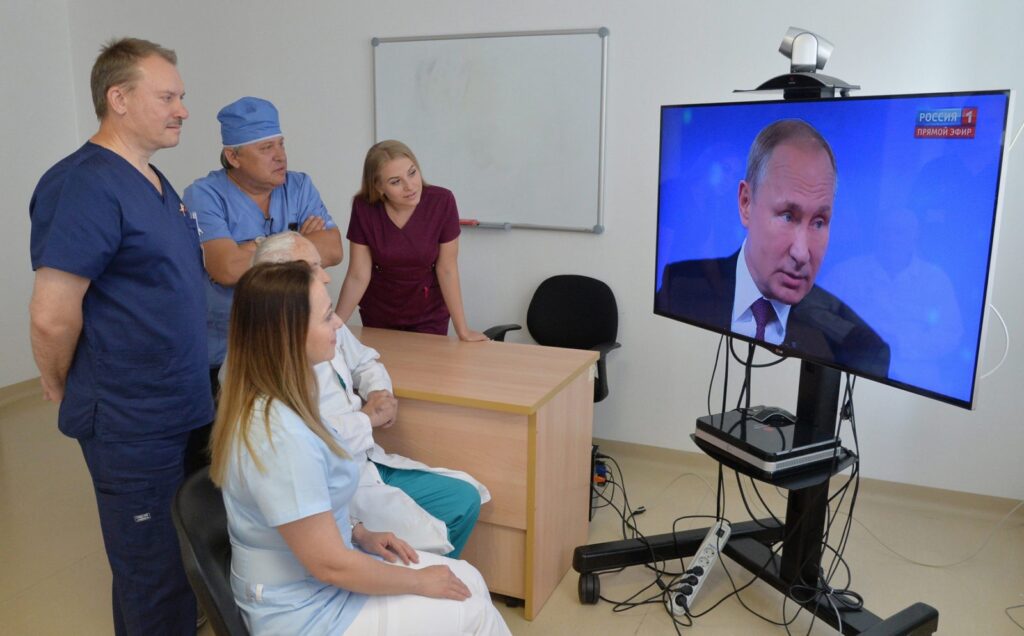
Part five in the “Russian Media: Moscow and Beyond Calling” series on media, propaganda, and authoritarianism in Russia
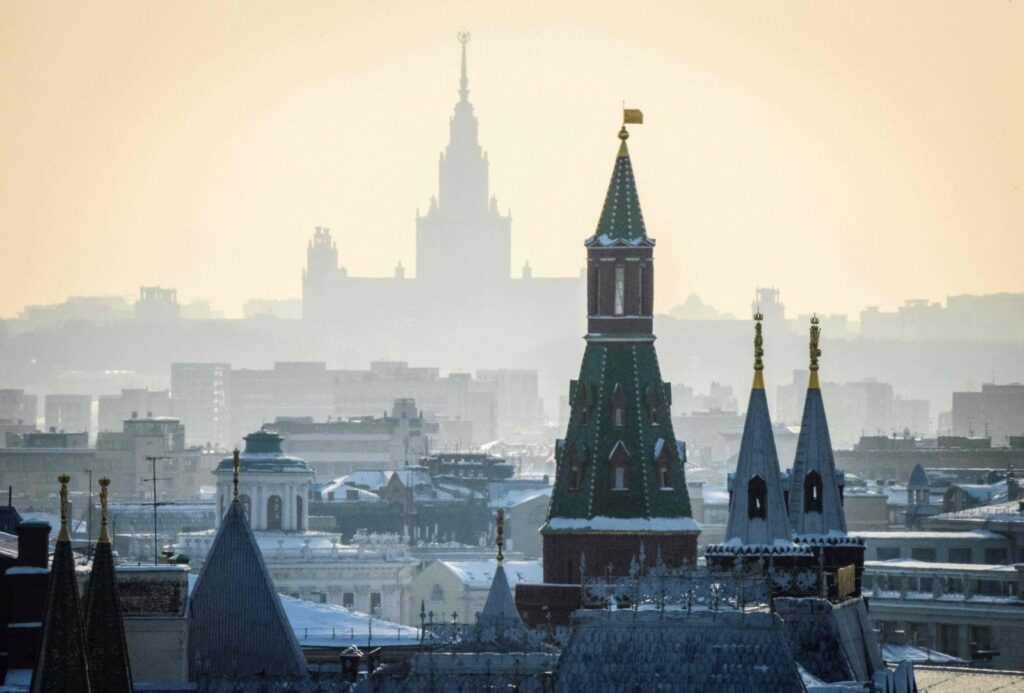
Margarita Zavadskaya on conducting political research in authoritarian systems
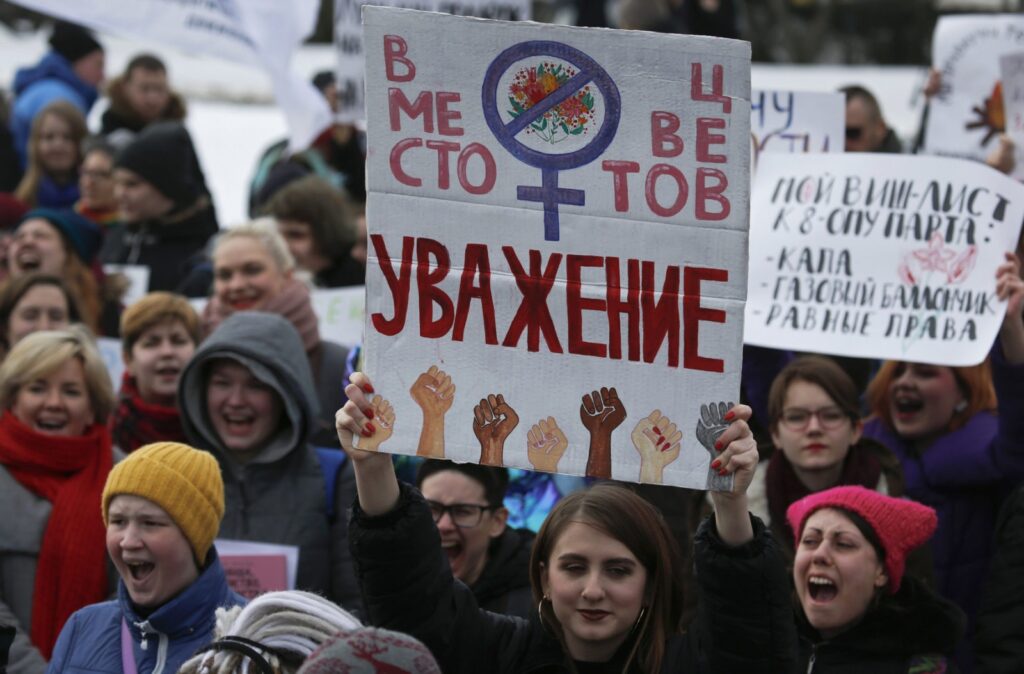
Margarita Zavadskaya asks whether, and how, views on gender relations are changing in Russia today
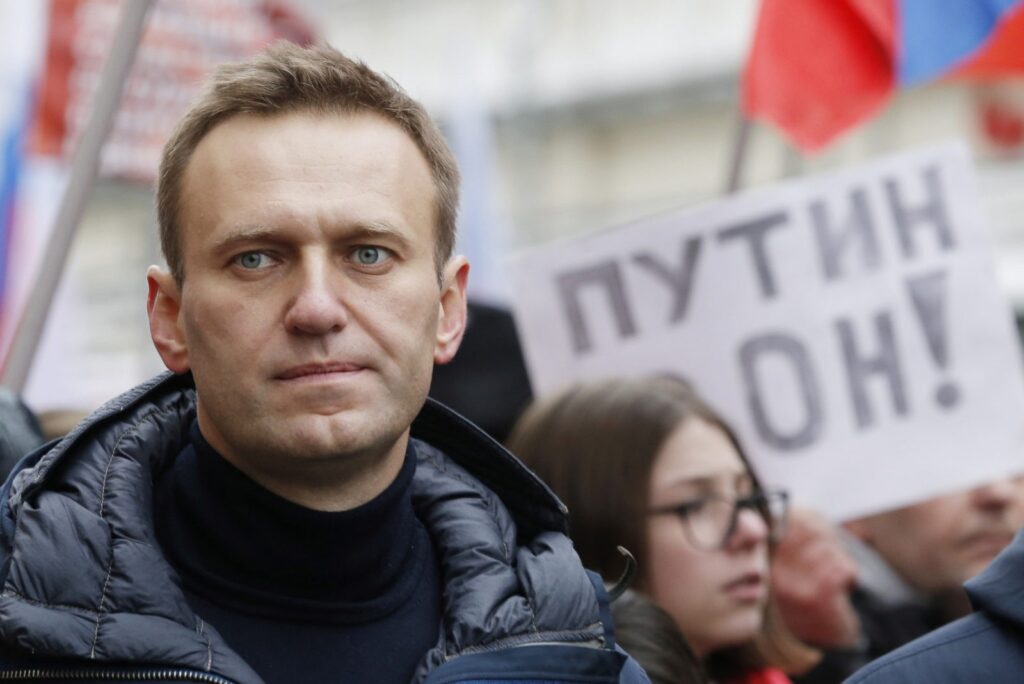
Margarita Zavadskaya reflects on whether opposition figure Alexei Navalny is carving out a new niche on Russia’s political left, and what he might stand to win or lose from a leftward pivot
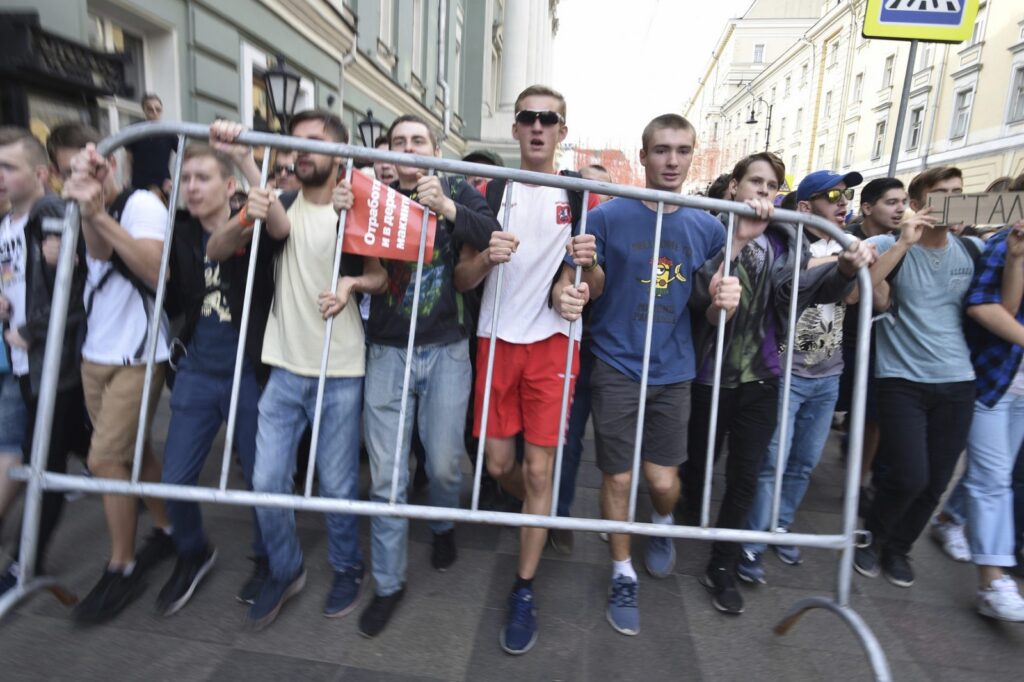
It’s become fashionable to claim that young people are losing their taste for democracy. But, at least in Russia, the statistics prove otherwise: the youth are just as sceptical and just as enthusiastic as their elders
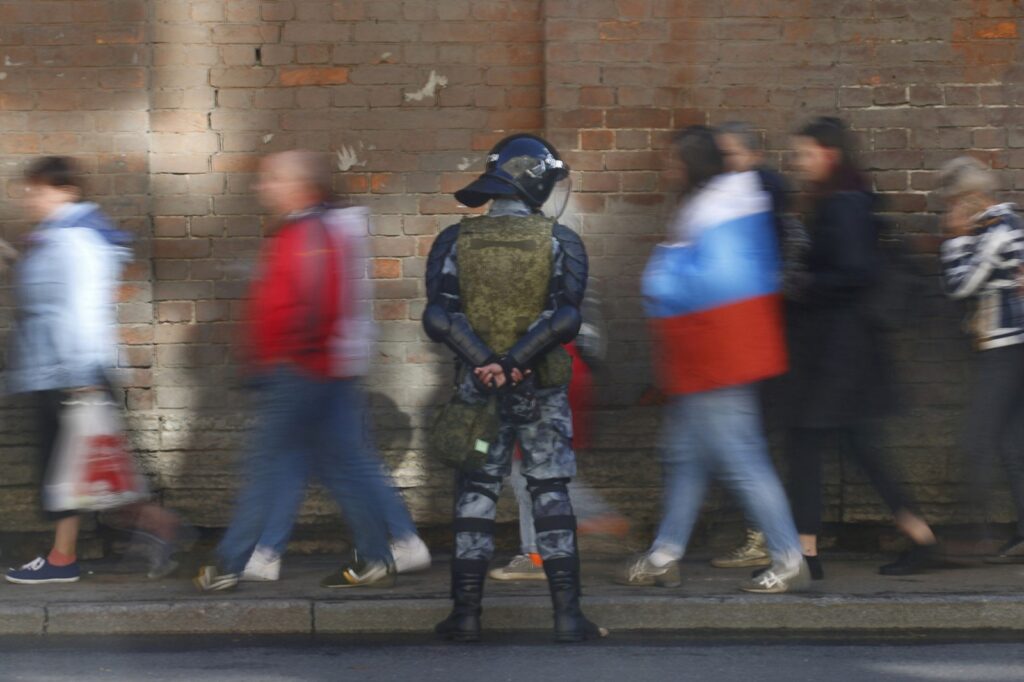
Protests are occuring in Russia with greater frequency. In general, they have become more directly political and involve a widening geographic and demographic range. But the state is responding in ever more sophisticated ways to limit their impact.